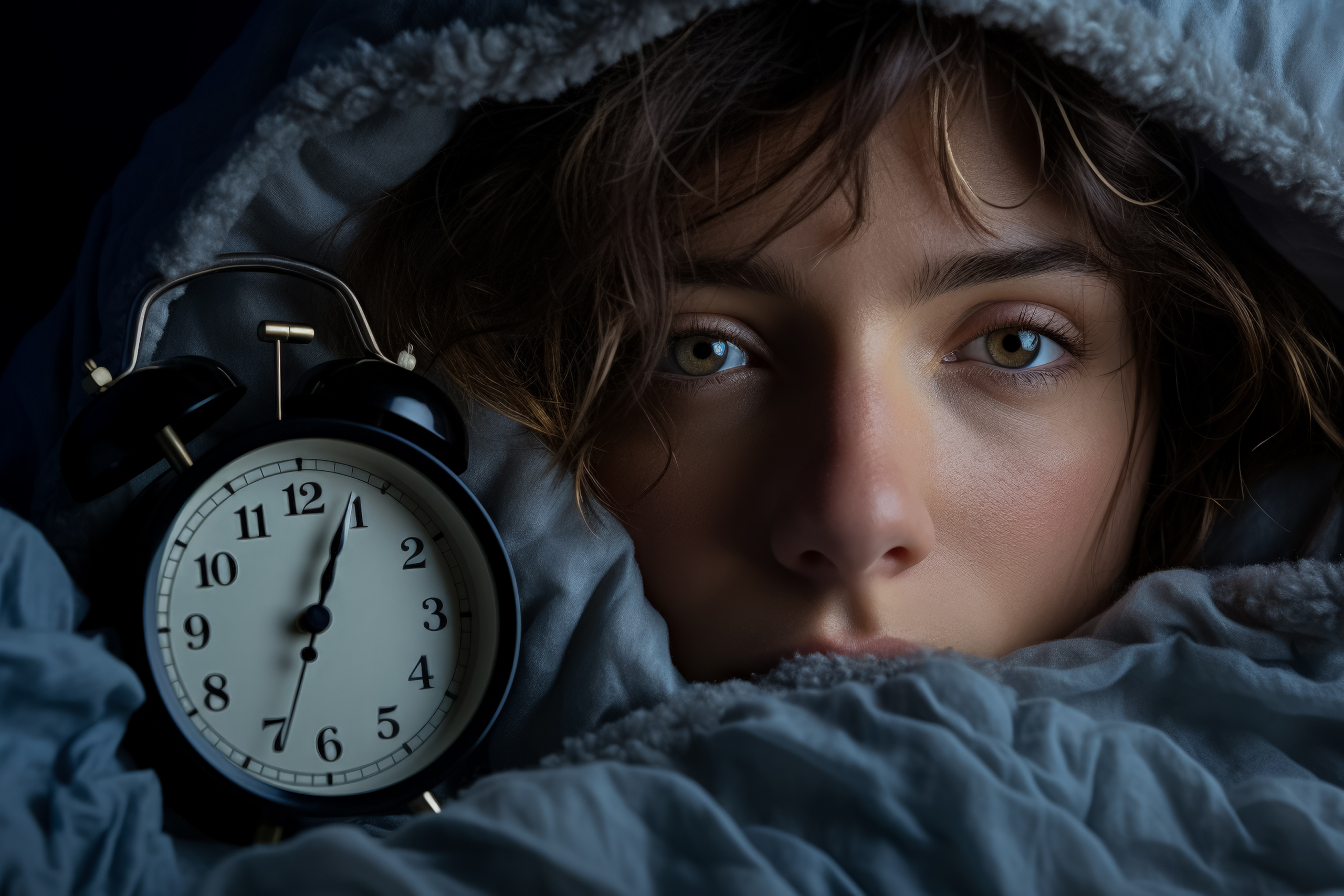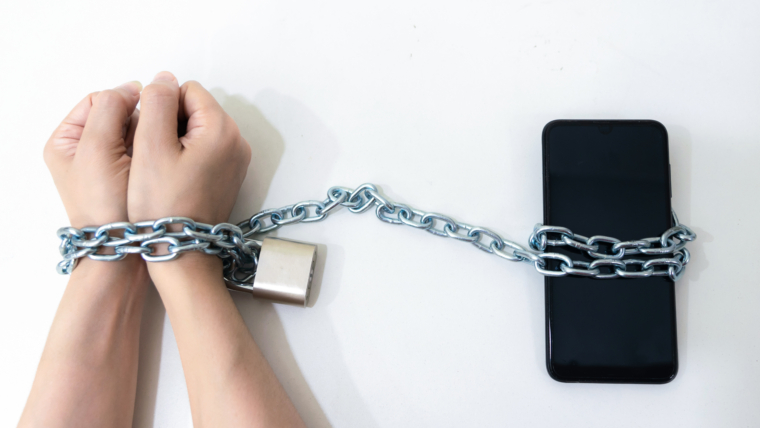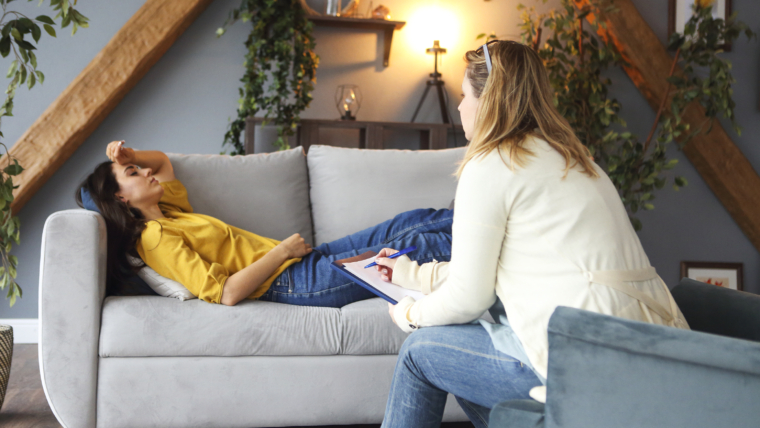Not getting enough quality sleep at night can be a problem, and it’s a problem that affects nearly a third of all Australians. Sleep is ever so important for our circadian rhythms, to stave off illnesses of all sorts, and to rejuvenate our bodies after a long day, so naturally many seek methods of sleep improvement if they’re not getting a good night’s sleep.
Is hypnotherapy effective at treating sleeping disorders? For many, hypnotherapy can be an effective method of treatment with lasting results, but it’s important to know how it works and which symptoms can and cannot be treated through hypnotherapy before you schedule a consultation.
Not Getting a Good Night’s Sleep?
Generally, we are supposed to get anywhere from around 7-9 hours of sleep every night. The old and often-quoted “8 hours of sleep” is important for a variety of reasons, so anything that gets in the way of your sleep schedule can become a chronic problem.
Our sleep is broken into multiple cycles of around 90 minutes each, going from light sleep to deep sleep and then to rapid-eye movement (REM) sleep. The brain assembles and organises memories and regulates emotions whilst sleeping, so naturally we all need sleep in order to survive and to thrive.
One may encounter sleeping difficulties for a variety of reasons, however. Acute problems such as a dog barking in the middle of the night may not be much more than an inconvenience, but a routinely broken sleep schedule or a severe lack of sleep can lead to sleep apnoea, insomnia, or sleep anxiety, for example.
How Hypnotherapy Helps with Sleep Improvement
Hypnotherapy can improve one’s sleeping habits in order to promote a better, healthier lifestyle. Depending on the reason for one’s sleep disorder, hypnotherapy may or may not be effective. Let’s discuss a couple of situations where hypnotherapy cannot help you: consumption of psychotropic medications and hormonal changes (e.g. menopause).
There are many other reasons why one may have difficulty sleeping, however, and hypnotherapy can often be extremely effective at resolving them. For example, sleeping difficulties from stress or anxiety, or from poor habits that have accumulated over time such as overconsumption of alcohol or caffeine. Hypnosis can effectively treat the underlying causes that are leading to sleep problems and rectify them so that the patient can, through their own willpower, begin sleeping properly again.
Hypnotherapy Techniques for Sleep Improvement
How can hypnotherapy help improve sleeping habits? The answer often has to do with addressing the triggers, the underlying causes of sleep disorders and influencing the patient to become more relaxed, more susceptible to positive suggestions. For example, a hypnotherapist can help those suffering from sleep anxiety by making them feel relaxed on their own volition so that they no longer feel ‘forced’ to sleep, thereby removing much of the anxiety that inevitably would follow from not being able to sleep.
Tips for a Good Night’s Rest
To get a good night’s rest, there are a myriad of possible solutions. For starters, reducing alcohol and caffeine intake well before bedtime can certainly help. For those suffering from insomnia or sleep debt, avoiding excessive screentime such as using your smart phone whilst in bed can also help. While these are much easier said than done, they may not always work and you may feel like you lack the discipline and willpower to overcome your poor sleeping habits. Hypnotherapy may just be right for you in these circumstances.
Melbourne Hypnotherapy Clinic
Get in touch with us today at Melbourne Hypnotherapy Clinic.





